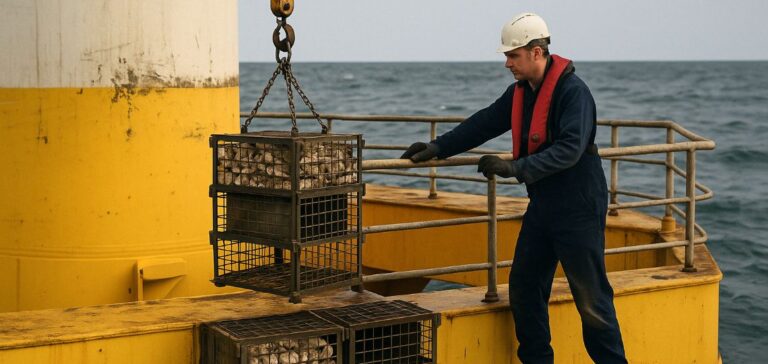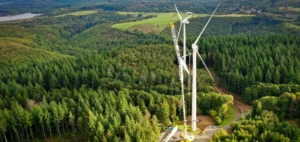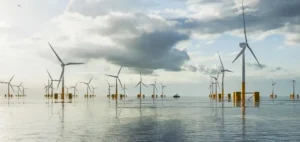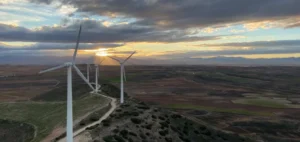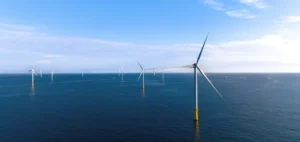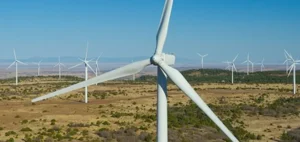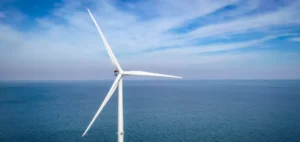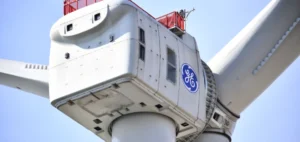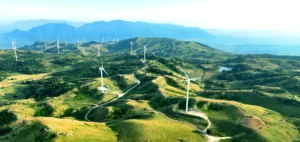Ocean Winds, a 50:50 joint venture between EDP Renewables and ENGIE, in partnership with Banque des Territoires, has completed the installation of thirty-two Biohut modules on a floater of the Éoliennes flottantes du golfe du Lion (EFGL) pilot project. This marks the first time artificial marine habitats have been integrated into a floating offshore wind structure, an initiative led in collaboration with French ecological engineering company ECOCEAN. The project represents a shift in offshore wind farm design by introducing components aimed at diversifying marine habitats.
Technical collaboration between Ocean Winds and ECOCEAN
The design and installation of the Biohut modules, originally created for ports and marinas, result from a nearly decade-long collaboration between Ocean Winds and ECOCEAN. The EFGL project previously included a trial phase from 2019 to 2023, with the BoB observation buoy equipped with Biohut devices. Positive findings from this phase, documented by the Marine Ecosystems Research Centre of the University of Perpignan, prompted the broader deployment of the modules on one of the pilot project’s floaters.
Technology and objectives of the Biohut system
Each Biohut module consists of steel cages containing a natural oyster shell substrate that promotes the trophic chain, surrounded by an empty cage serving as a refuge for juvenile fish. This structure replicates natural nursery functions and supports post-larval marine species survival. The installed modules will undergo environmental monitoring to assess their effectiveness in open-sea conditions.
Prospects for floating wind power in the Mediterranean
This development is part of the EFGL project, France’s first experimental floating wind site, located 16 kilometres off the Mediterranean coast. The three floaters are scheduled for towing beginning in May 2025, with final turbine installation planned for summer. Ocean Winds and Banque des Territoires are also stakeholders in the upcoming Éoliennes Flottantes d’Occitanie (EFLO) project, which will benefit from insights gained at the EFGL site.
The EFGL experiment represents a technical milestone in integrating environmental considerations into floating wind farms. Ocean Winds, with one third of its portfolio consisting of floating projects, intends to apply EFGL’s findings to further developments in France and internationally.


